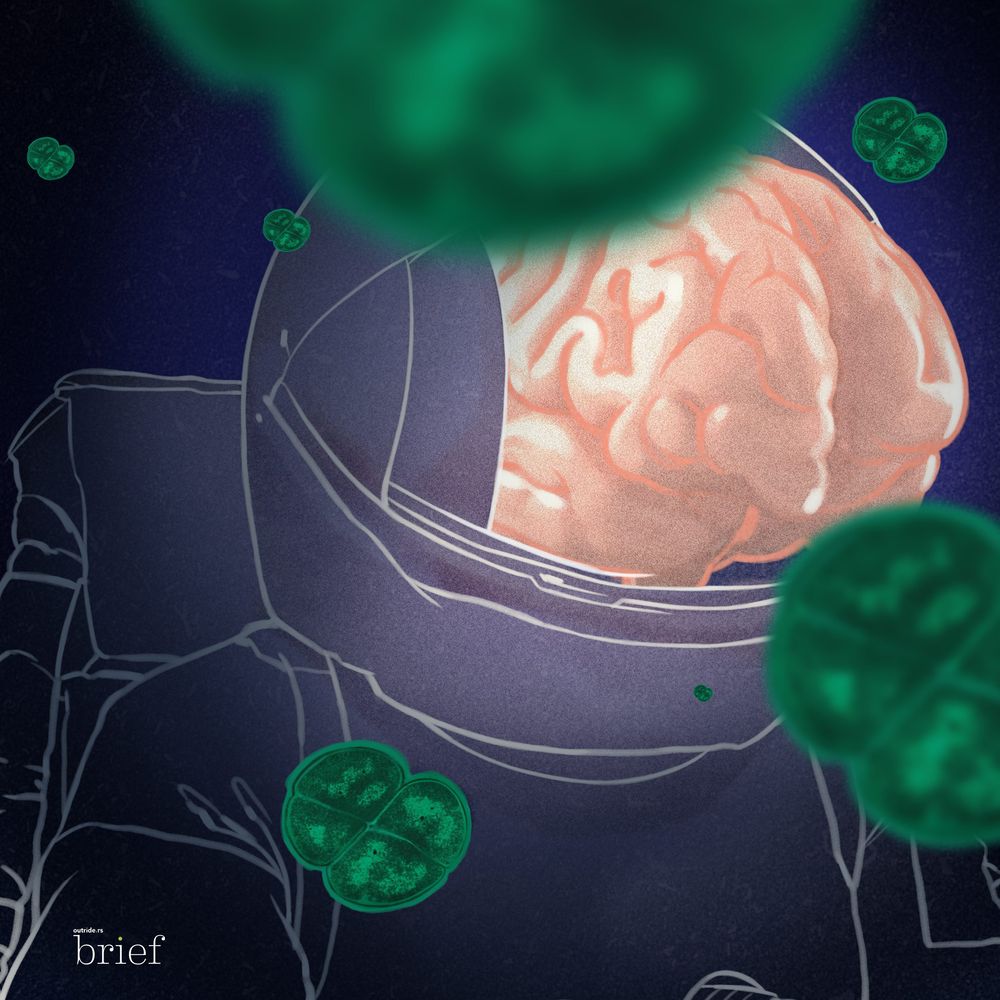Illegal shark fins trading and special treatment of gangsters in El Salvador
The government of El Salvador has allegedly offered special treatment to the imprisoned leaders of street gangs in return for halting violence and support in elections for President Nayiby Bukele, according to a media report. Among the favors were better food, removal of repressive guards or reversing the decision to put rival gangs members in the same cells. The secret talks were to be made with leaders of Mara Salvatrucha and Barrio-18.
The activity of armed gangs in Haiti provoked protests in the capital, Port-au-Prince. Gang members are allegedly attacking critics of the government. Dozens of people were kidnapped and killed, including a few of the known opposers of the administration of prime minister’s Joseph Joute. Some of the protesters believe that President Jovenel Moïse is an accomplice in murders because of the impunity of the gangs that target his political opponents.
Yakuza gangsters are getting old – more than half of yakuza members are at least 50 years old with one in ten being over 70. That comes as an effect of over a decade long police crackdowns, ageing Japanese population, and diminishing benefits from illegal activity that stand in the way of recruitment. Yakuza members are forbidden from opening bank accounts, obtaining a credit card, taking out insurance policies, or even signing a contract for a mobile phone.
American law enforcing agencies dismantled a criminal organization that dealt – among other activities – with illegal wildlife trading. Six tons of shark fins and eighteen bladders of an endangered totoaba fish were confiscated. Both are considered a delicacy in Asian cuisine. Smugglers trafficked fins from Mexico via the USA to Hong Kong. According to the World Wildlife Fund, around 100 million sharks are killed yearly, often to harvest their fins.























